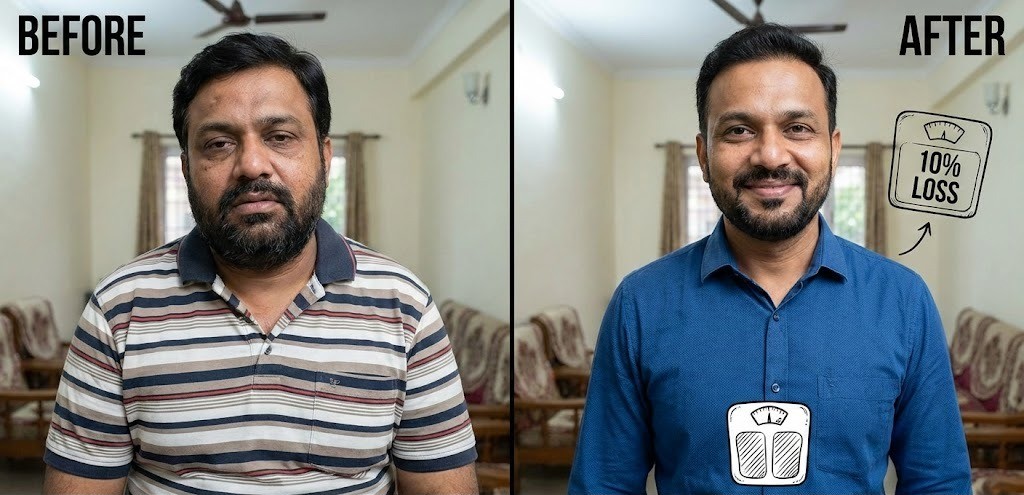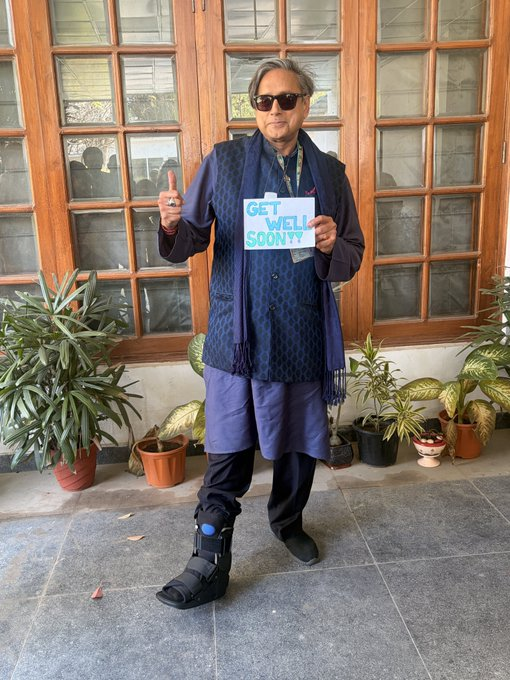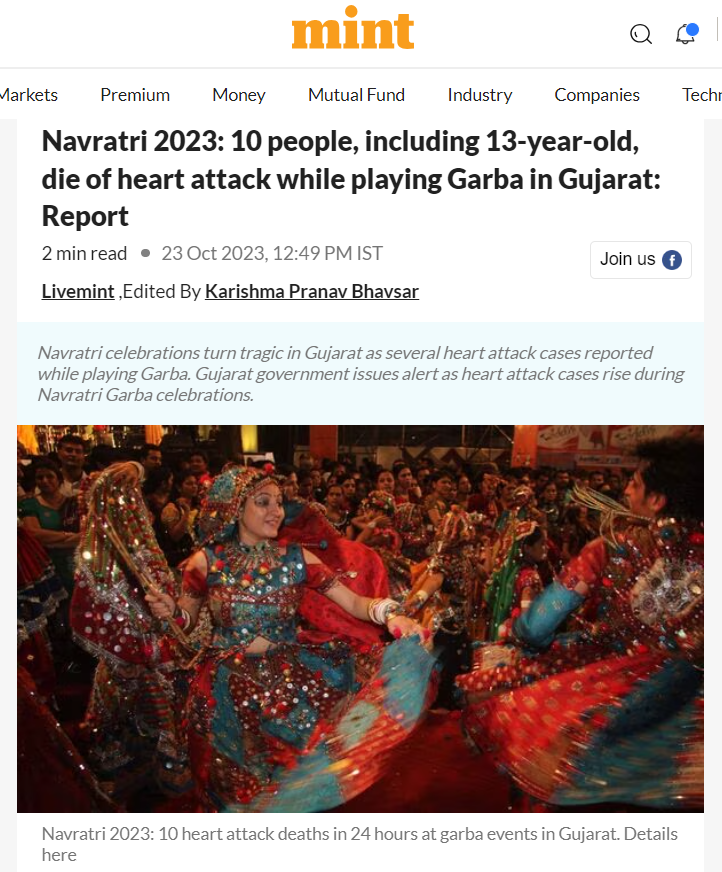
Neurologist, Apollo Hospitals, Hyderabad/
Running, Fitness, Health/ On a mission to prevent people from becoming patients/ Online consultation: Apollo 24/7 app
15 subscribers
How to get URL link on X (Twitter) App


 1️⃣ First truth:
1️⃣ First truth:
 But here is what evidence & biomechanics tell us:
But here is what evidence & biomechanics tell us:
https://x.com/ShashiTharoor/status/2019102516416479508?s=20

 There are two other ways of measuring insulin resistance:
There are two other ways of measuring insulin resistance: 



 2. He had an amazing control over heart rate while running long distances. His latest long run (23 Km) was on Sunday, 28th July (2 days before we lost him). An AHR of 127 bpm (and a max HR of 139 bpm) for a pace of 6:50 min/Km is amazing.
2. He had an amazing control over heart rate while running long distances. His latest long run (23 Km) was on Sunday, 28th July (2 days before we lost him). An AHR of 127 bpm (and a max HR of 139 bpm) for a pace of 6:50 min/Km is amazing.


 Lifestyle tips to manage insulin resistance
Lifestyle tips to manage insulin resistance

 There are various causes for cardiac arrest among runners and they differ based on the runner's age. Survival depends on the underlying cause of cardiac arrest; prompt performance of CPR (by the bystander) and use of defibrillator (on site).
There are various causes for cardiac arrest among runners and they differ based on the runner's age. Survival depends on the underlying cause of cardiac arrest; prompt performance of CPR (by the bystander) and use of defibrillator (on site). 



 2. It is easy to put the entire blame on Covid 19 illness & covid vaccines, but that won't do proper justice (to our youth). There are several other possible reasons that have increased the risk of heart attacks in younger population, including adolescents. Let us look at them:
2. It is easy to put the entire blame on Covid 19 illness & covid vaccines, but that won't do proper justice (to our youth). There are several other possible reasons that have increased the risk of heart attacks in younger population, including adolescents. Let us look at them:

 The HM flag off time is 6 AM. Location is near Necklace road (Hussain Sagar lake, Secunderabad). Since one needs to assemble by 5 AM, it would be wiser to stay closer to this location, or make advance transport arrangements accordingly. Ample parking space is available.
The HM flag off time is 6 AM. Location is near Necklace road (Hussain Sagar lake, Secunderabad). Since one needs to assemble by 5 AM, it would be wiser to stay closer to this location, or make advance transport arrangements accordingly. Ample parking space is available. 


 1. Work life balance
1. Work life balance